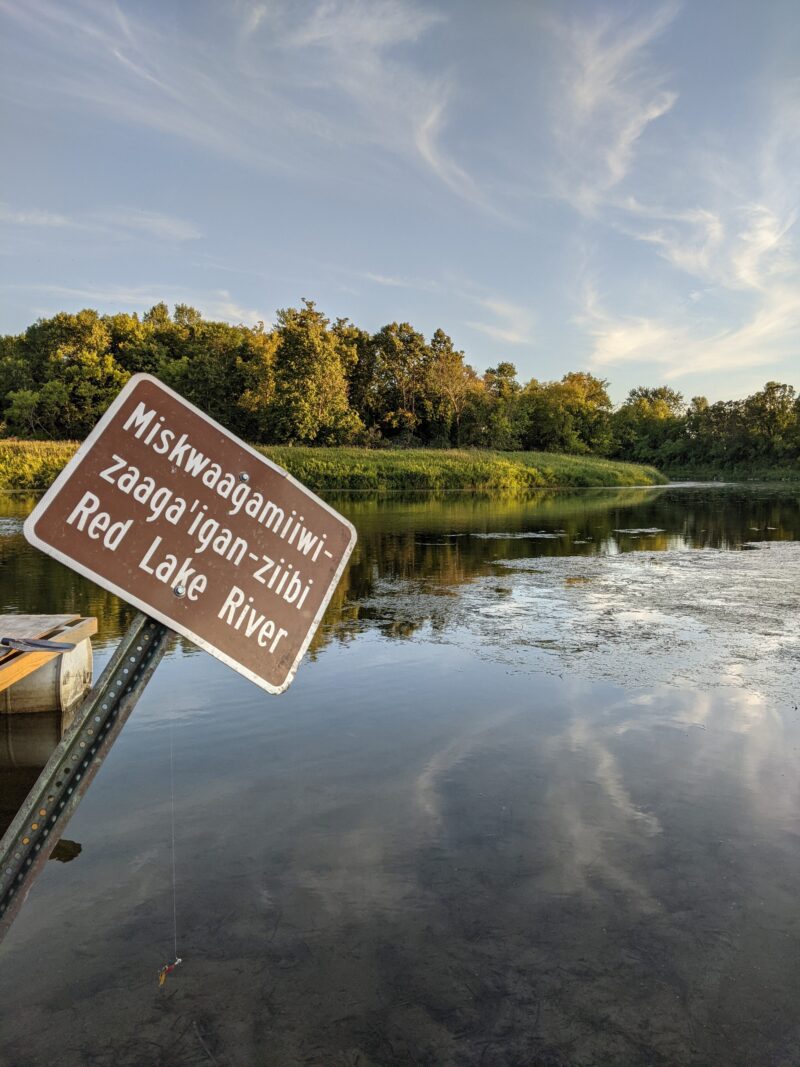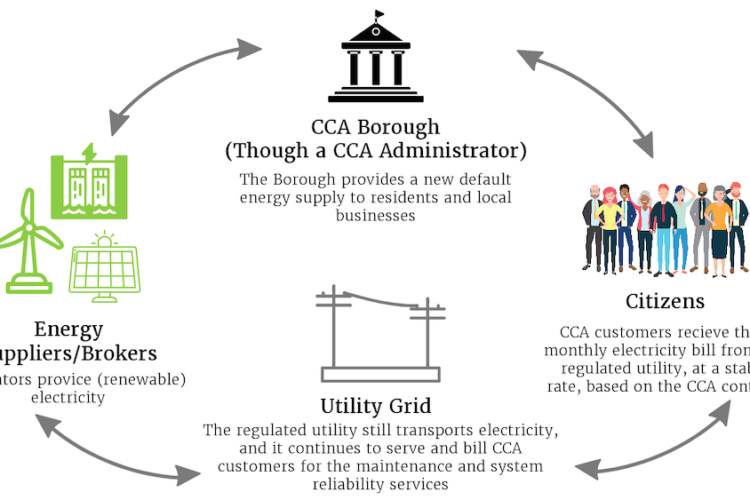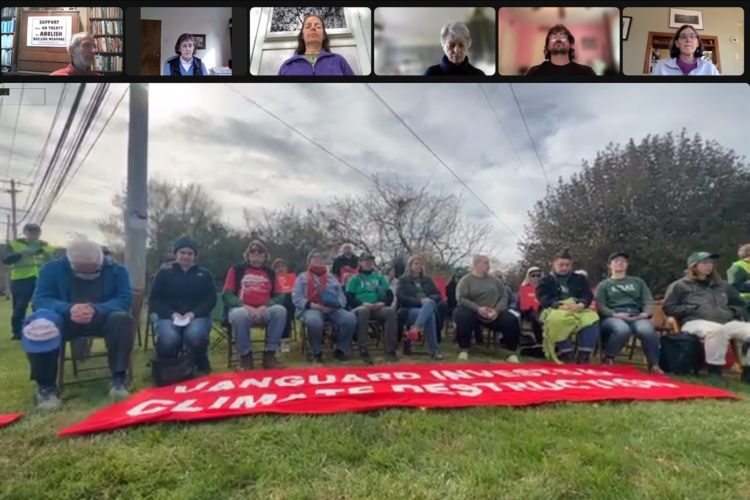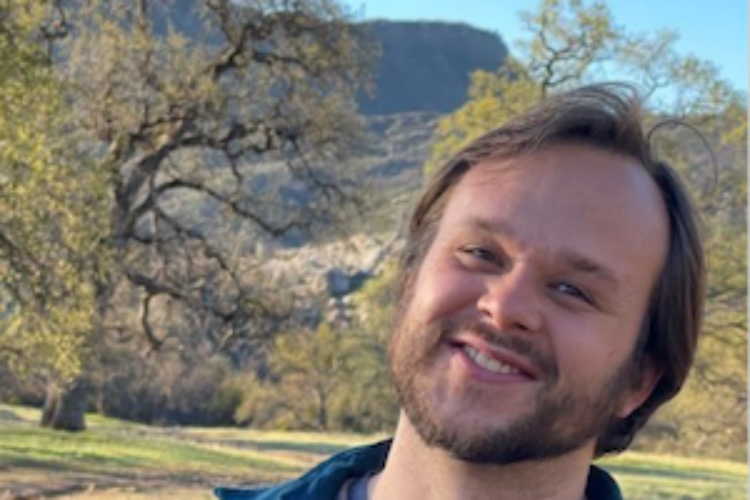Red Lake Treaty Camp: At The Crossroads

How do you ask a community to be the last to sacrifice their land to support the dying fossil fuel industry?
by Shelley Tanenbaum.
In September I had the privilege of spending about a week on the frontline at Red Lake Treaty Camp, a spiritual and ceremonial camp in northern Minnesota along Line 3, the pipeline that will bring Canadian tar sands crude oil into the United States.
Miigwech/Thank you to the Indigenous-led movement that is resisting Line 3 and to all the water protectors, many of whom have spent their lives on the frontlines defending the sacred. I experienced a small taste of the kind of courage and resilience that these water protectors are gifting to the world in their resistance to a pipeline and in their love for each other and the planet.
Red Lake Treaty Camp is one of several water protectors’ camps built by Indigenous elders and supporters next to Line 3. The camp serves as a spiritually grounded community for mutual support, care for the earth, and lifting up treaty rights, and as a refuge for those who are actively engaged in non-violent direct action. It stands at a crossroads, physically and symbolically.
Physically, the camp sits between the beautiful Red Lake River on the east, reminding us of the beauty of the earth, and a cacophonous river of highway to the west, spewing fossil fuel pollution and anger from jeering drivers. The pipeline sits just north of a chain-link fence with the camp to the south.
Symbolically, the camp is situated at another kind of crossroads. Resistance to pipelines is widespread and strong throughout the North America, with local and especially Indigenous-led movements protecting treaty rights and preserving the living world. Many treaties in the U.S. (dating from the 19th Century) acknowledged the rights of Indigenous communities to use land that is physically beyond the borders of “reservations” for traditional hunting, fishing, and gathering. Yet, these treaty rights have more often been ignored and most of these areas are exploited to the point of extreme environmental degradation. Line 3 is no different—the pipeline runs through wild rice fields, carefully harvested for thousands of years by the Anishinaabe.
In a recent social media post, author Rebecca Solnit reminded me of John Kerry’s poignant words at a 1971 Congressional hearing when he asked this about his fellow US soldiers in Vietnam: “How do you ask a man to be the last man to die for a mistake?” We can ask something similar today: How do you ask a community to be the last to sacrifice their land to support the dying fossil fuel industry? It is crystal clear that fossil fuels need to be phased out, with a just transition to renewables and conservation, and just as clear that we need to do this as soon as possible to slow down climate catastrophe.
While at Red Lake Treaty Camp, we were barraged with constant angry shouts and horns blaring from trucks and cars along the highway—from people who couldn’t stand the sight of a peaceful camp full of water protectors with our signs and colorful art displayed along the road, who can’t imagine a world without fossil fuels. Some of us brushed off the harassment; I found it jarring. It was debilitating and disturbing, and humbled me in the realization that some of us don’t have the privilege of walking away from a hostile situation.
I was compelled to be present at Red Lake to be a part of this struggle—halting fossil fuel infrastructure and supporting treaty rights. This felt like the worst of the worst of these projects, carrying tar sands, and I also felt called to support the call from Indigenous people to show up. I’ll continue to work on these concerns from home (as you can), but personally I needed to take that extra step to be there this summer.
Two things not only sustained me at the camp, but also inspired me to continue these efforts. Every morning, we woke to the sound of birds cheering on the sun and greeting and warning each other along the river. I could turn my head away from the highway and face the beautiful river. Then I would attend our morning meeting, where a group of mostly young volunteers took up the day-to-day tasks of running the camp—the sense of camaraderie and joyful service was palpable.
Most of the thrust of current efforts to address climate change has involved stopping emissions. This isn’t working fast enough—nearly every country has fallen short of meeting the Paris Agreement goals. It is time to go after production, like Line 3, and stop the current and future expansion of fossil fuels. And, it is way past time to support Indigenous leadership.
Shelley Tanenbaum is QEW’s General Secretary.


